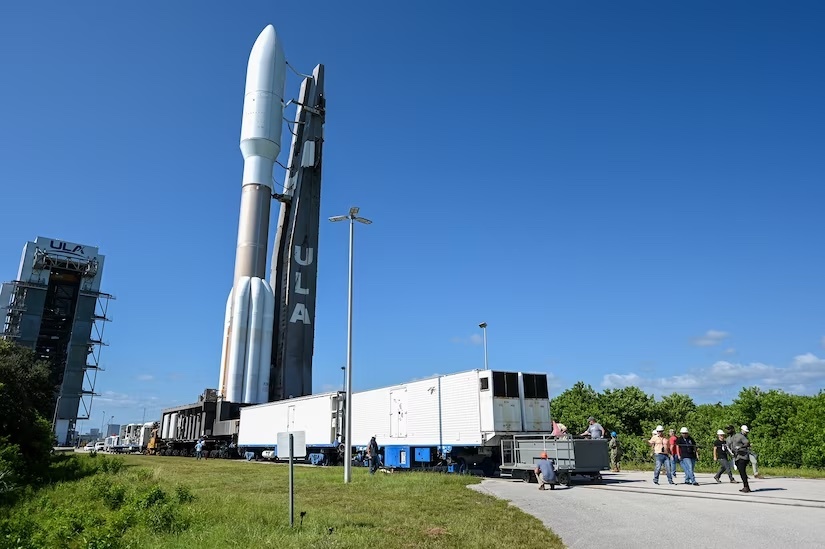16.12.2023

Cooperation among allies is critical as global competitors increasingly look to space as the next frontier of warfare, the Pentagon's top space policy official said, yesterday.
Dr. John F. Plumb, assistant secretary of defense for space policy, said space capabilities have become integral to everyday life and a crucial component underpinning the United States' economic prosperity and national security.
"There is broad recognition that space capabilities are critical to overall military effectiveness," Plumb said during a keynote speech at the Space Enterprise Council's Global Space Summit in Washington, D.C.
"The force structures for each of our military services—and I don't just mean the Space Force—are built assuming access to space," he said. "For the department, space is in our DNA. It is essential to the U.S. way of war."
But just as the U.S. has recognized the critical role of space, so too have its global competitors.
"In the last decade, our competitors have rapidly developed and fielded the capabilities designed to undermine the Joint Force's ability to rely on the space-based services that we need to fight and win," he said. "China in particular views counterspace operations as a way to deter and counter U.S. intervention in a regional conflict."
Countering the emerging risks in space necessitate modern policy, Plumb said, that emphasizes the United States' ability to protect and defend its security interests and cooperate with partners and allies in space.
"There are steps we can take together to deter conflict and reinforce the safety, security and stability of the space domain," he said. "Cooperation with allies and partners strengthens deterrence. It broadens the number of systems available for space operations and extends our options for diplomatic and military responses in crisis."
To prevent space competition from escalating to conflict, the department has doubled down on its combined space operations initiative designed to get ahead of the most pressing challenges coming from competitors.
The initiative emerged out of a 2014 memorandum of understanding among four nations – the U.S., Australia, Canada and the U.K. The group later expanded to include New Zealand, France and Germany, reaching a total of seven members in 2019.
The combined operations initiative expanded again this year to include Italy, Japan and Norway.
"We are working towards the long-term goal of true combined military operations in space that will outpace the threat and prevent escalation," Plumb said. "It's a good demonstration of how our efforts on space control, space cooperation and space classification all come together on the international stage to strengthen deterrence and prevent conflict in space.
"I am particularly proud of the work my team has been doing to invigorate this group over the last couple of years," he said.
Quelle: The Department of Defense
